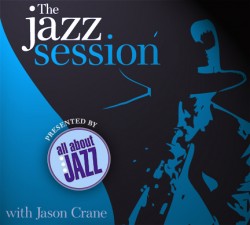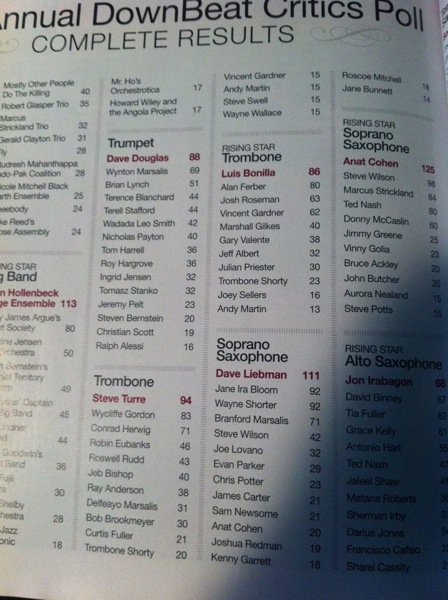I am on a number of email lists focused on subjects related to music technology. Today a member of one of those lists sent an announcement of her newly published book. The title sounded interesting, so I followed the link to her website, with the idea that I would likely purchase the book, until I saw the prices. The hardcover version is $170 US. The eBook, yes, eBook is $139 US. “How is this rationalized?” was my next thought. Who would pay that?
Then it hit me. Regular people don’t buy these books. Libraries or institutions may buy them. Sometimes students are forced to buy them under the duress of it being a required text for a class. In all of these instances, there is a layer of financial bureaucracy between the user and the book publisher. Even in the case of students, it is often student loan money or some other financial aid that buys their text books, so it doesn’t feel like “real” money.
This is similar in principle to the way healthcare costs have risen because there is a layer of “insurance” companies between the providers and the patients. There are financial transactions between doctors and insurance companies, and between insurance companies and patients, so the cost of each individual transaction gets obfuscated by the layers of financial (insert expletive here) between the doctors and patients. The patients don’t pay directly for the services, so they don’t get outraged at how much it costs.
Similarly, if my university library is paying some outrageous sum of money every year for access to online journal databases, but my colleagues and I are the ones using the databases, no one is in a position to get mad about the cost. The users don’t see the cost, and for the folks who pay the bills, it is just another bill to pay. It’s like financial three card monty. Just keep things confusing enough so that no one notices or thinks about it.
It seems like a very inefficient system for the outsides of the system, and very lucrative one for those who create the layers of obfuscation in the middle.
Why do we let this happen? Is it because we need a super expensive publisher to legitimize our writings to the tenure committee? There has to be a better way.
If that book had been $40, this post wouldn’t have happened, that publisher would have 40 of my dollars, and I would be waiting for what seems to be an interesting book to arrive in my mailbox.


